AstraZeneca Hails US Trials As EU Rows With UK Over Supplies
Pharmaceutical giant AstraZeneca said Monday that trials showed its Covid-19 vaccine is 100 percent effective in preventing severe disease, as a row simmered between Britain and the EU over much-needed supplies of the jab.
The AstraZeneca shot is cheaper and easier to store than many of its rivals, but several countries in Europe and other parts of the world last week suspended its use because of isolated cases of blood clots.
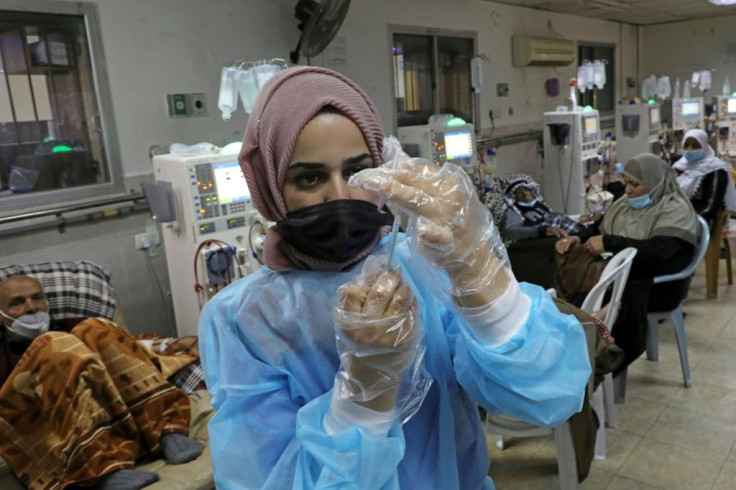
It is also at the centre of a row between Britain and the EU, after Brussels threatened to ban exports to the UK unless the company delivers more of the 90 million doses it agreed to supply in the first quarter of 2021.
Irish prime minister Micheal Martin said such a move would be "a very retrograde step," while Britain's leader urged the European Union not to carry out its threat.
"We're all facing the same pandemic, we all have the same problems," Prime Minister Boris Johnson said on Monday.
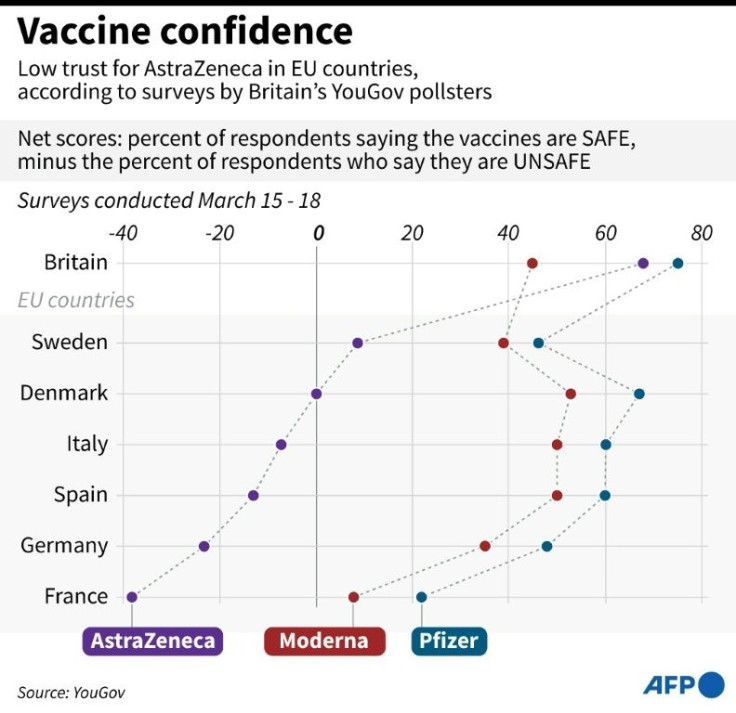
The spat is mostly focused on a Netherlands factory that is still awaiting official EU approval, but which both sides claim as a future source of the AstraZeneca jab.
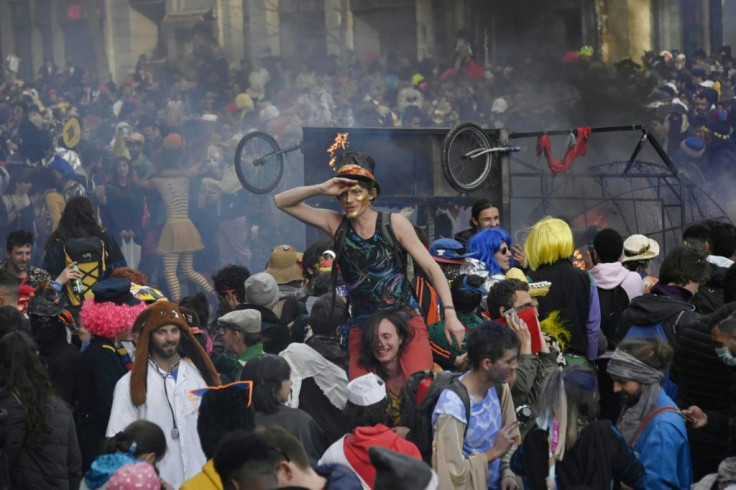
Vaccination drives are seen as crucial to overcoming the pandemic that has killed more than 2.7 million people since first emerging in China in late 2019.
They are also the most likely route out of lockdowns and restrictions that continue to paralyze economies around the world.
A top US health official on Monday warned Americans it was too soon to resume travel despite progress in the battle against the coronavirus, after data showed the country recorded its highest number of airport check-ins since last year.
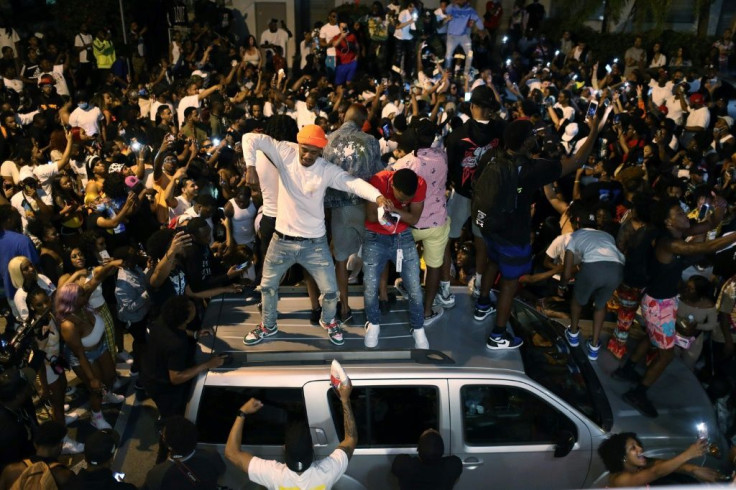
"Now is not the time to travel," Rochelle Walensky, director of the Centers for Disease Control and Prevention (CDC), told reporters, urging people to keep up with measures to stem the spread of the virus as the vaccination rate increases.
More than 430 million jabs have now been rolled out globally, mostly in wealthier nations.
The World Health Organization (WHO) director general Tedros Adhanom Ghebreyesus on Monday slammed the "grotesque" vaccine gap, calling it a "moral outrage."
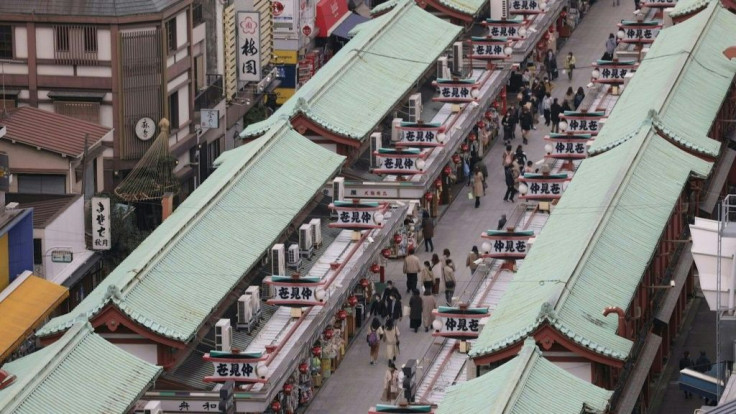
"Countries that are now vaccinating younger, healthy people at low risk of disease are doing so at the cost of the lives of health workers, older people and other at-risk groups in other countries," he said.
Even as demand for vaccines remains high, public confidence in the AstraZeneca jab in particular has taken a knock in Europe.
A survey by British pollsters YouGov showed Monday that a majority of people in the biggest EU states -- including Germany, France, Spain and Italy -- view the vaccine as unsafe.
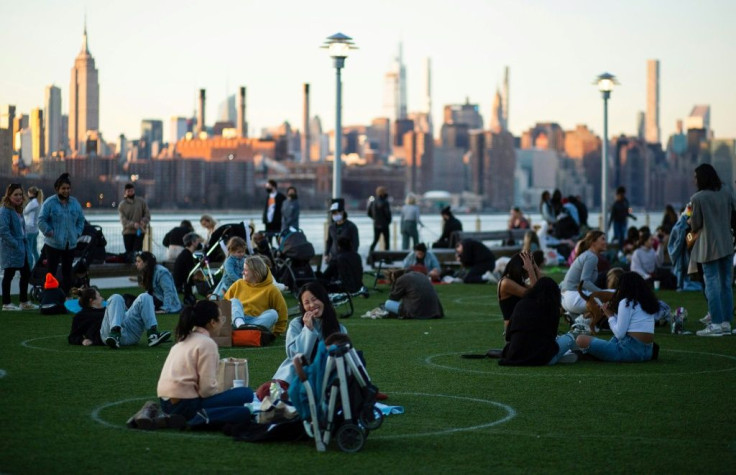
And on Monday, Iceland said it would not yet be resuming AstraZeneca vaccinations.
The EU's medicines regulator and the WHO insist there is no evidence of linking the drug to blood clots.
And AstraZeneca said Monday that US tests on more than 30,000 people showed no increased risk of thrombosis.
It said the jab was 79 percent effective at preventing symptomatic Covid-19 in the overall population, 100 percent effective at preventing severe disease and hospitalization and 80 percent effective at preventing the disease in the elderly.
A Russia-made vaccine, Sputnik V, has also met with skepticism in the West, because it was registered last year, before undergoing any large-scale clinical trials.
Some EU officials such as Internal Market Commissioner Thierry Breton continue snub the jab, saying on Sunday, "we have absolutely no need for Sputnik V".
But Russian President Vladimir Putin hit back against such comments on Monday.
"We are not imposing anything on anyone," the 68-year-old said, announcing he planned to get a jab himself this week.
Other countries seem to have no such reservations.
The Russian Direct Investment Fund, which financially backed the vaccine, said it had signed an agreement with an India-based pharmaceuticals giant for the production of up to 200 million doses of the jab a year.
Until vaccine programmes are fully up and running, mass gatherings continue to cause governments headaches, with protesters taking to the streets against virus restrictions in countries such as Germany, the Netherlands, Austria and Bulgaria.
In the French Mediterranean port city of Marseille, roughly 6,500 people -- mostly young and without masks -- took part in a carnival parade, flouting a ban on public gatherings.
While the pandemic continues to rage, some countries are mourning the anniversary of their first deaths from the virus.
Church bells rang out across the Czech Republic Monday to mark one year since the first Covid-19 fatality in the nation, which has the highest per capita death rate in the world, according to data collected by AFP.
© Copyright AFP {{Year}}. All rights reserved.





















